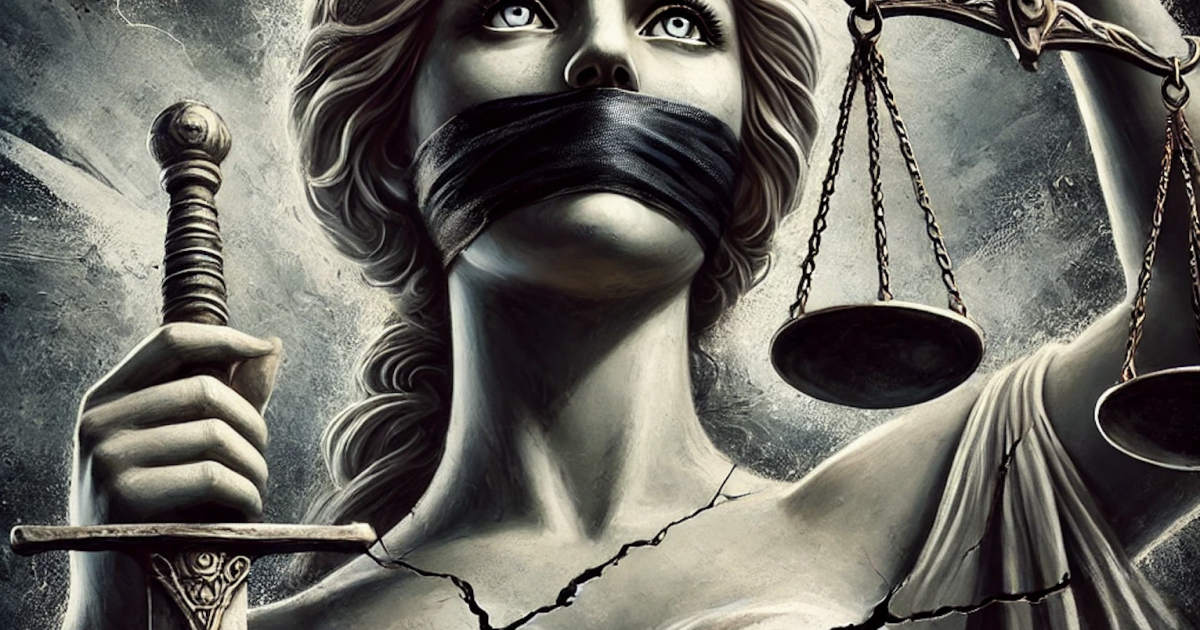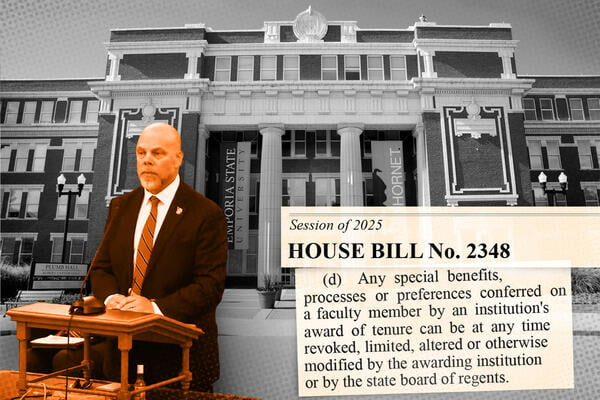by Paolo Amorosa & Sebastián Machado

Most law professors face a similar challenge when designing their courses: how to explain to students the enduring gap between what the law says and how it functions in reality. One of the foundational assumptions of legal education is that law is more than just the written rules found in statutes, bills, or constitutions. Without an understanding of how these rules influence a judge’s decision-making, they remain little more than pretty playthings: abstract ideas with no real-world impact. This realist approach in domestic legal education helps bridge the divide between legal theory and practice; the same arguments might apply in most disciplines and fields with a similar divide between theory and practice. If you can examine a rule and confidently predict how it will be applied, you are engaging in the most basic form of legal research. But consider a legal system without a centralised rule-making authority or a single, binding interpreter – no supreme legislature or final court to settle disputes definitively. This is the reality of international law. While there are many judicial and quasi-judicial bodies, there is no universal, mandatory forum for resolving disputes, and most conflicts never reach a formal judgment. Instead, states, international organizations, and individuals all contribute to shaping the rules by advocating for their preferred interpretations, hoping to sway the broader consensus. International lawyers refer to this evolving consensus as the ‘invisible college of international lawyers’, a term that captures the discipline’s informal, socially constructed boundaries. In essence, international law is what international lawyers do.
Teaching international law, then, comes with an added layer of complexity: the lack of formal structures undermines legal certainty. Every international lawyer, to some degree, can influence the field. Through journal articles, blog posts, social media debates, or legal practice, they argue for their version of the correct interpretation of a rule. Academics may even challenge established meanings, making persuasive cases that defy the literal text of foundational documents like the UN Charter.
This is why international lawyers often say that the law is made, not found. Unlike domestic legal systems, where rules are either codified (as in civil law) or derived from judicial precedent (as in common law), international law is fundamentally discursive. This creates a twofold problem. First, without an authoritative interpreter, there is no clear way to separate theory from practice. A legal advisor in a Foreign Ministry might frame a state’s actions as part of a new trend that modifies a rule (such as pre-emptive self-defense), while others denounce it as a violation (like Article 51 of the UN Charter). In this environment, the line between legal theory and practice dissolves. Second, with no objective boundaries to the discipline, the distinction between mainstream international law and critical approaches collapses. What remains is the professor’s choice: which version of the law to teach.
Yet teaching international law does not require taking a stance on the theory-practice divide, because that divide is not inherent to the discipline. Law professors are not bound by the same rigid distinctions as, say, natural scientists, who must separate theoretical models from empirical observation. Instead, legal education can bypass this dichotomy entirely by focusing on the deeper conditions that shape how we understand both theory and practice. Rather than treating practice as a constraint on theory, students can learn to apply theoretical insights pragmatically. This approach allows law schools to teach practical skills without forcing an artificial separation between legal thought and legal action, following larger trends in pedagogical training outside legal academia.
Still, many international law professors struggle with curriculum design because of these perceived divides. On one hand, students must master a baseline of doctrinal knowledge to enter legal practice. On the other, mere knowledge acquisition is not enough – students must also develop the ability to analyse, synthesise, and critically evaluate legal arguments. A well-rounded legal education should cultivate these higher-order skills, enabling students to engage in meta-cognitive reflection about the law they are learning.
Moreover, there is no strong evidence that ‘thinking like a lawyer’ is a unique cognitive skill. Legal reasoning shares much with other forms of reasoning, meaning that better teaching methods alone will not necessarily produce better lawyers. Instead, what matters is equipping students with evaluative tools to interpret and refine legal arguments. By treating core legal knowledge as a foundation rather than a rigid boundary, and critical thinking as a method for engaging with that knowledge, the supposed divide between mainstream and critical approaches begins to fade.
The same logic applies to the theory-practice debate. The tension between these approaches persists only if we assume they are mutually exclusive. Law schools often face criticism from practitioners who argue that graduates lack practical skills, while academics defend the importance of theoretical training. But must these roles be in conflict?
Perhaps the real issue in international law is not the existence of these divides, but our insistence on treating them as inevitable. If there is little evidence that ‘thinking like a lawyer’ is a distinct cognitive skill, there is even less reason to impose it as a rigid framework for international legal education. Instead, we might focus on cultivating adaptable, reflective practitioners who can navigate both theory and practice – not as opposing forces, but as complementary dimensions of the same discipline. This is a lesson relevant for many if not all professional disciplines.
Sebastian Machado Ramírez is Postdoctoral Researcher at the University of Helsinki, where he works on the PRIVIGO project examining private governance and international law. He holds a PhD from the University of Melbourne, where his dissertation analyzed interpretive approaches in the law governing the use of force.
Paolo Amorosa is University Lecturer in International Law at the University of Helsinki. He holds a PhD from the same institution and specializes in the history and theory of international law and human rights. His monograph Rewriting the History of the Law of Nations (OUP 2019) critically re-examines the ideological foundations of international law’s canon.




